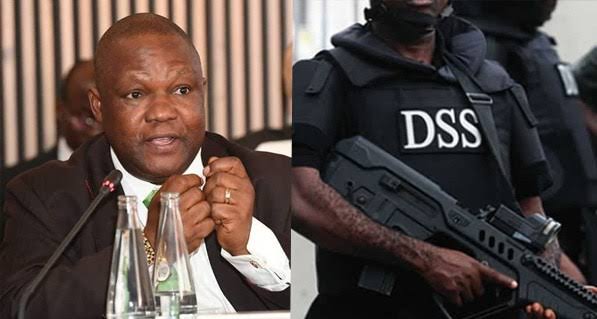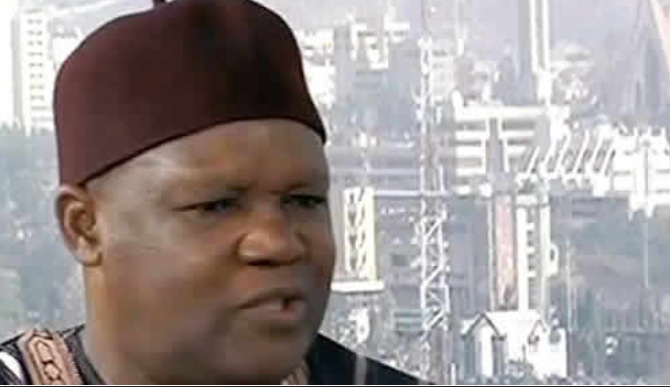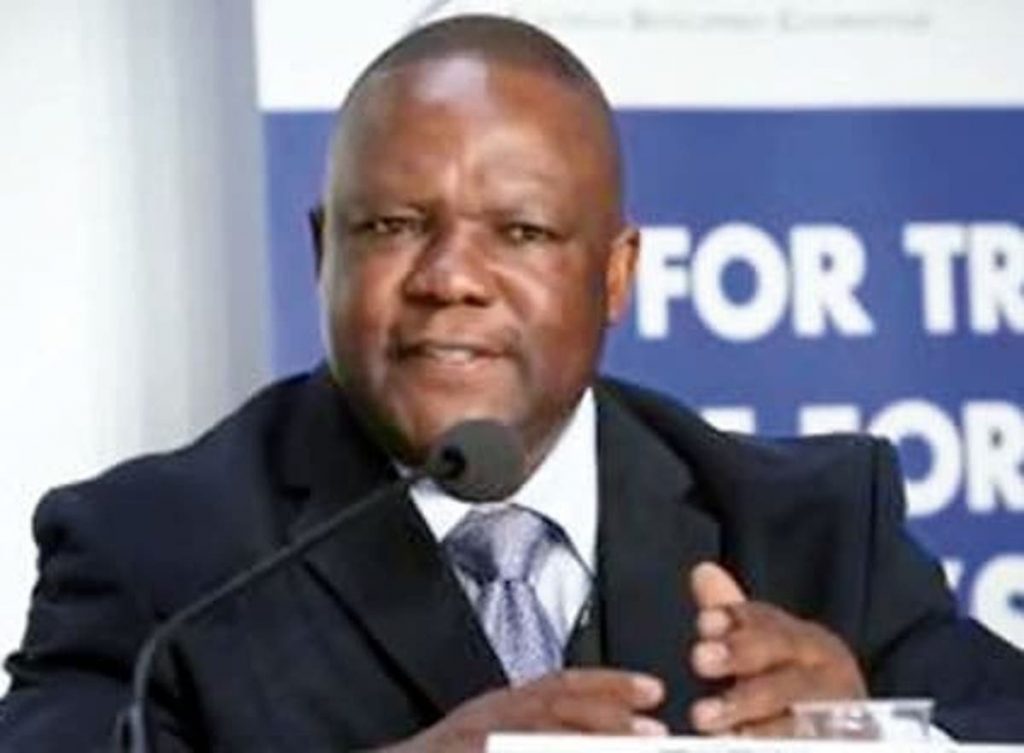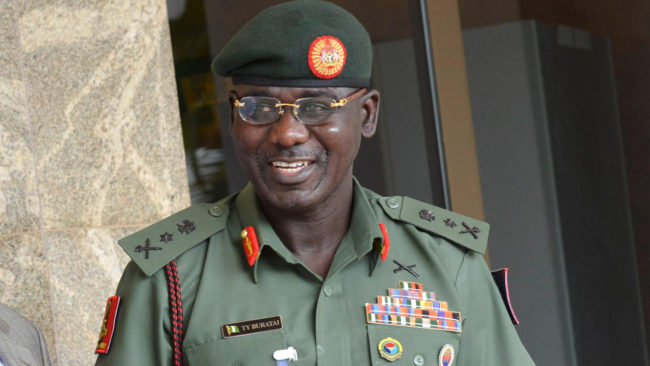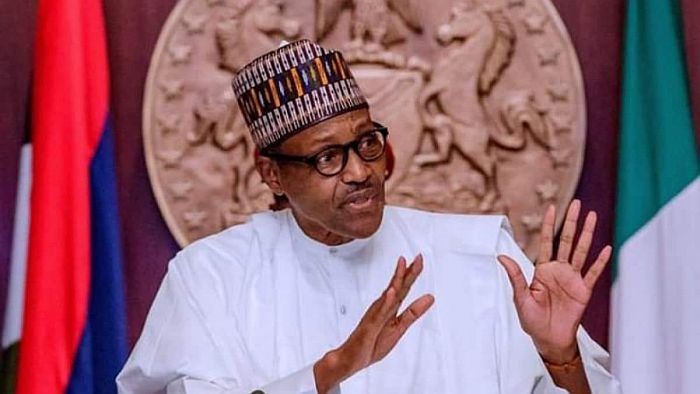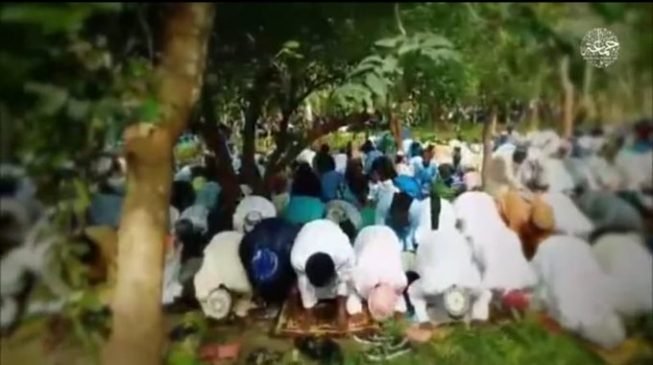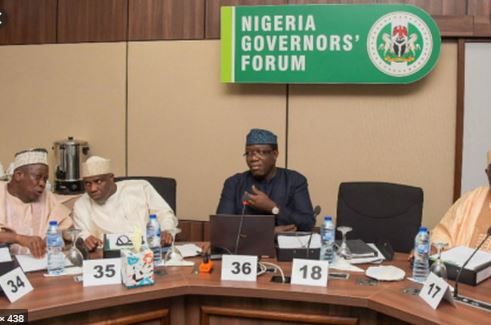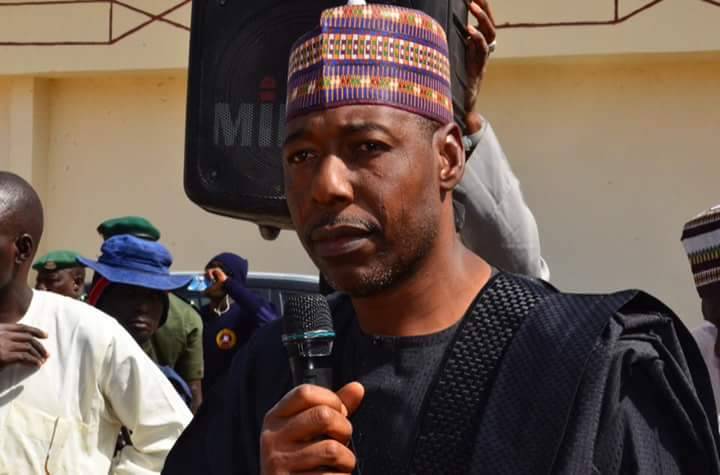President Muhammadu Buhari has blamed the persistent presence of the Boko Haram terror group in some states of the Northeast on lack of resources.
President Buhari spoke on Monday during a meeting with North East Governors’ Forum (NEGF) at the State House, noting that the outbreak of the Novel Coronavirus (COVID-19) Pandemic had worsened the resources crisis.
He however noted that though there are still reasons to be concerned about the security situation in the war-ravaged region, the situation is no longer what it was when his administration took off, pointing at the calmer atmosphere in some of the states of the region.
Speaking on the devastating effects of the COVID-19 on the abilities of countries of the world, including the developed and the developing, President Buhari noted that the world needs to go back to God.
“We have problems of resources and security. You know what we inherited. The people of the North East will appreciate what this administration has done.
“The general report I am getting, other from the conventional ones from the intelligence sources, is that the Army should do better and this is the truth.
“It is so often coming to me that I have to believe it. I listened to your representation, the governor who is on the hotspot now in the North East, Adamawa, Bauchi and the rest of them are enjoying peace. I hope they are respecting the sacrifice made by the military.
“I assure you that the government is doing its best. Lack of resources has hit us very hard. COVID-19 is a phenomenon. It has no respect for colour, you can’t smell it, you can’t see it, you can’t hear it. America and us are the same. It is a fantastic phenomenon. I think we should all go back to God,” he said.
The President, however, assured the governors that the federal government would not rest in its efforts to finally restore peace and security to the troubled zone.
“I assure you North East governors, especially the governor of Borno, that we go to bed and wake up thinking about you and how to secure our country. That is the fundamental responsibility of a government; security. In our party, we recognise this. We campaigned on three fundamental issues: security, economy and fighting corruption.
“Nigerians, we thank God, understood us and they voted for us. In 2019, we went round the whole country, saying the same thing and apologising for not doing better, but we are doing our best. I think Nigerians believe us and we did our best,” he said.
He also pointed out the fact that the entire North-East is no longer exclusively an All Progressives Congress (APC) zone, noting that it was possible because his administration would not muzzle the will of people and would rather democracy blossoms under his watch.
“It is true that we lost some states as a ruling party in a developing country, which is normal. I am proud of that because we are impartial, that is why as ruling party, we lost some states. That means we have our own mistakes.
“Some of those that defeated us are sitting here. We know we are a developing country but we respect our country, otherwise, with the use of Army, the police and the rest of them, we could have overrun you. We just wanted to show that we are humane and we are Nigerians. We will continue to do our best,” he said.
Meanwhile, the governors of the Northeast, under the NEGF, have charged the federal government to address the root issues that have been giving breath to Boko Haram insurgency.
According to them, the security crisis in the region has survived for so long because of poverty, hunger and some other social deficiencies, although they commended the federal government for making efforts to restore peace in the area.
Chairman of the NEGF and governor of Borno State, Professor Babagana Zulum, who addressed State House Correspondents alongside the governor of Adamawa State, Ahmadu Fintri also acknowledged the presence of war economy in the region.
Zulum said the Northeast governors met with President Buhari after the NEGF meeting held in Maiduguri on Saturday with a view to highlighting the key challenges in the region, especially issues of security, decaying infrastructure, particularly rock projects, cases of oil exploration, and issues of enhancing river basin development in the region among others.
While reacting to the question on what they discussed with President Buhari on insecurity, Zulum said “the governments of the region have commended the efforts of federal government in securing the region. However, we told Mr. President that there is need for the federal government to address the causes of insurgency, which are not limited to the endemic poverty, hunger among others.
“One of the root causes is that of access to farm lands, people need to go back to their farmlands, people need to be resettled in their original homes so that they can restart their means of livelihood. This is one of the reasons the insurgents are recruiting more into the sect. Therefore, creating enabling environment will enable the people to go about their normal duties and will no doubt reduce the cases of insurgency.
“We also recommended that police should be empowered, to be provided with certain state of the art equipment, armoured personnel carrier and so on with a view to bridging the manpower gap that we are having in the Nigerian military”, he said.
On the criticism of his reaction to the suspected terror attack he suffered recently, the governor said “we have had series of consultations after the attack and I think security is not only about federal government, there is need for the federal, States and the local government to come together with a view to providing solutions that will end this crisis in the region.
“But most importantly, there is war economy in the region and I think that is why we are here. So, I think the government is taking a bold step with a view to ensuring speedy resolution of some of the gray areas that we have in the region,” he said.
The meeting was attended by the Vice President, Professor Yemi Osinbajo (SAN); the Secretary to the Government of the Federation (SGF), Mr. Boss Mustapha; the National Security Adviser (NSA), Major General Babagana Monguno (Rtd); and the Chief of Staff to the President, Prof. Ibrahim Gambari.
The governors of the northeastern states who attended the meeting also included those of Bauchi state, Bala Mohammed; Gombe, Inuwa Yahaya; Taraba, Darius Ishaku; and Yobe, Mai Mala Buni.
The Chief of Defence Staff, General Gabriel Olonisakin, Chief of Army Staff, Lieutenant General Tukur Buratai, Chief of Naval Staff, Vice Admiral Ibok Ekwe Ibas, Chief of Air Staff, Air Marshal Sadique Abubakar, the Inspector-General of Police (IGP), Mohammed Adamu, and the Director General, Department of State Services (DSS), Yusuf Bichi were part of the meeting.
Also in attendance were the Director General, National Intelligence Agency (NIA), Ahmed Rufa’i, the Minister of Defence, Bashir Magashi, and the Minister of Police Affairs, Mohammad Dingyadi.
